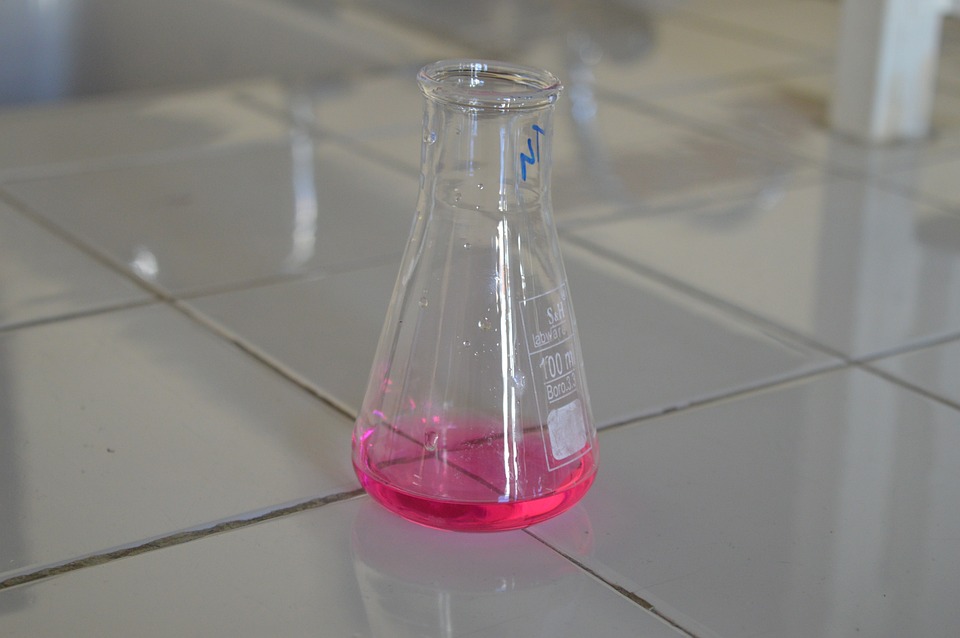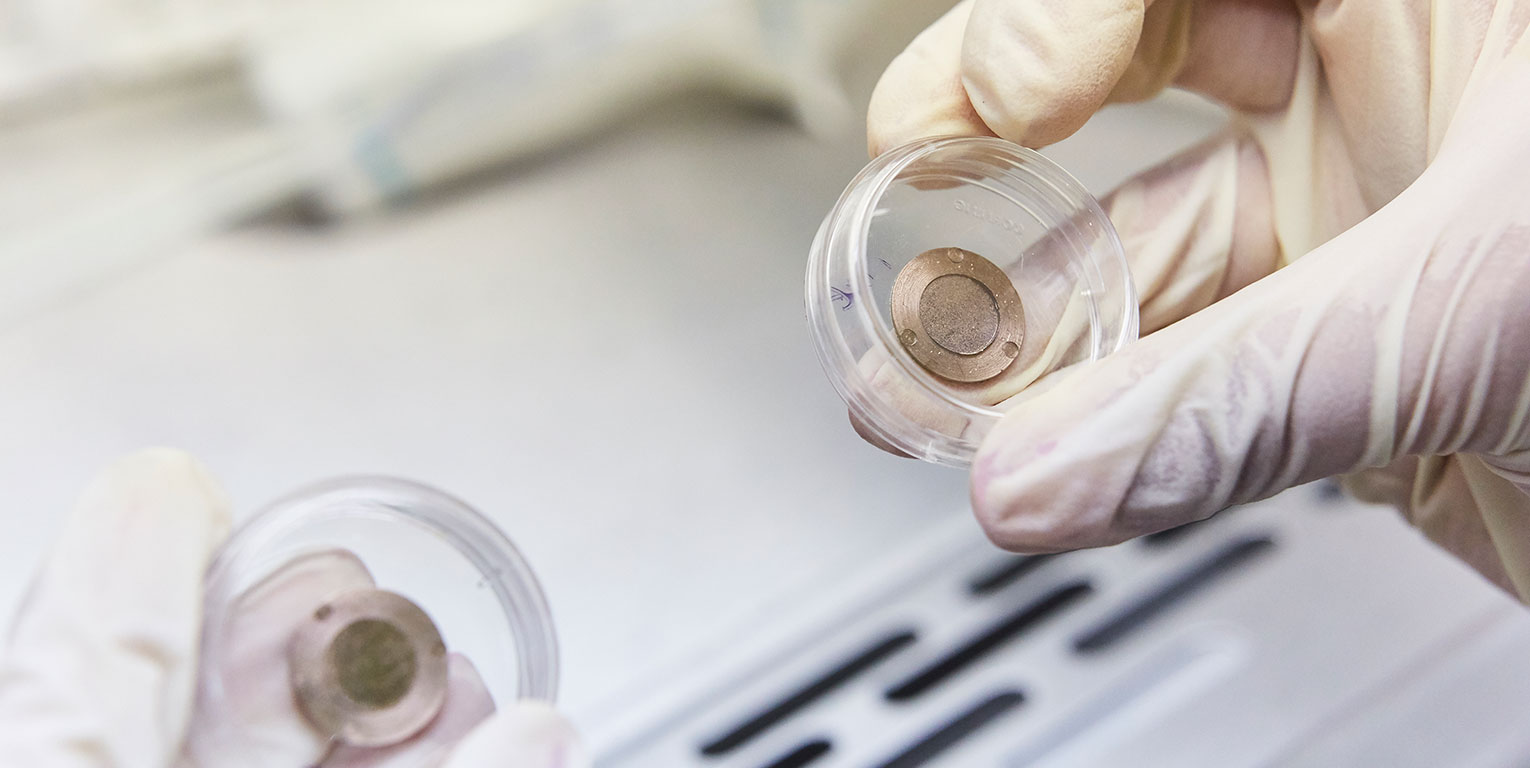
Bachelor of Science in Biomedical Engineering
Ajman University , United Arab Emirates
Overview
Program Overview
Mission
The mission of the Biomedical Engineering program is to bridge the gap between conventional engineering and life sciences so that graduates are equipped with the theoretical knowledge and practical skills necessary for pursuing a successful professional career in the healthcare industry. The program also prepares its students for graduate studies.
Program Goals
The BME Program Goals, also referred to as Program Educational Objectives (PEOs), are stated below.
Biomedical engineering graduates shall:
- Successfully apply their acquired knowledge and practical skills in the field of Biomedical Engineering.
- Be able to pursue successful and gainful careers in healthcare industry.
- Be able to pursue postgraduate studies.
Admission Requirements
- High School Requirements (UAE Curriculum)
- 75% Elite Track
- 80% Advanced Track
- 90% General Track
- Subject Proficiency EmSAT Requirements
- Mathematics: EmSAT score of 800.
- Physics: EmSATs core of 800.
Note: If Subject Proficiency EmSAT requirement is unmet, the following options will be accepted:
- Minimum school score of 75% in Math and 70% in Physics or
- Pass the college admission test in Mathematics and Physics.
- English Requirements
- A minimum score of EmSAT English of 1100
- If EmSAT requirement is unmet, the following tests are accepted:
- TOEFL: 500 (or 61 in TOEFL iBT or 173 in TOEFL CBT); or
- IELTS Academics: 5; or
- Equivalent in other English proficiency tests approved by the MOE will be evaluated.
Career Opportunities
Graduates will be qualified to work in the following areas:
- Healthcare facilities: biomedical engineering graduates are ideally suited to work as design and maintenance engineers for healthcare facilities such as hospitals and clinics
- Manufacturer’s representatives and sales engineers: biomedical graduates have the technical knowledge required to communicate with a variety of health-care professionals, which enables them to act as representatives for manufacturers and suppliers of medical equipment and services
- Design and development: biomedical engineering graduates can work in companies on the design, development and testing of medical devices and systems.
- Regulation: biomedical engineers can work in government agenciesor medical device companies to ensure that medical devices and equipment meet regulatory requirements.
- Consultancy: biomedical engineering graduates are able to join consultancy agencies which provide advice for healthcare authorities regarding standards and quality evaluation of clinical facilities and services.
Graduation Requirements
The Bachelor of Science Degree is awarded upon the fulfillment of the following:
- Successful completion of all courses in the curriculum.
- Successful completion of sixteen weeks of engineering training.
- Cumulative Grade Point Average CGPA of at least 2.0
Tuition fees
The Bachelor of Science in Biomedical Engineering program comprises a total of 141 credit hours, with a tuition fee of 1,365 AED per credit hour, amounting to approximately 48,116 AED per year.
Similar Programmes

Biomedical Engineering (with North Eastern University China) BEng (Hons)
University of Dundee, Dundee, United Kingdom
Earliest Intake
July 2025
Gross Tuition
27400 £

Biomedical Engineering MSc
University of Dundee, Dundee City, United Kingdom
Earliest Intake
November 2024
Gross Tuition
26600 £

Biomedical Engineering (with Integrated Foundation Year)
University of Bradford, Bradford, United Kingdom
Earliest Intake
September 2024
Gross Tuition
9250 £

Biomedical Engineering - BEng (Hons)
London Metropolitan University, London, United Kingdom
Earliest Intake
April 2024
Gross Tuition
13500 £

Biomedical Engineering
Acıbadem University, Ataşehir, Turkey
Earliest Intake
February 2025
Gross Tuition
15000 $
